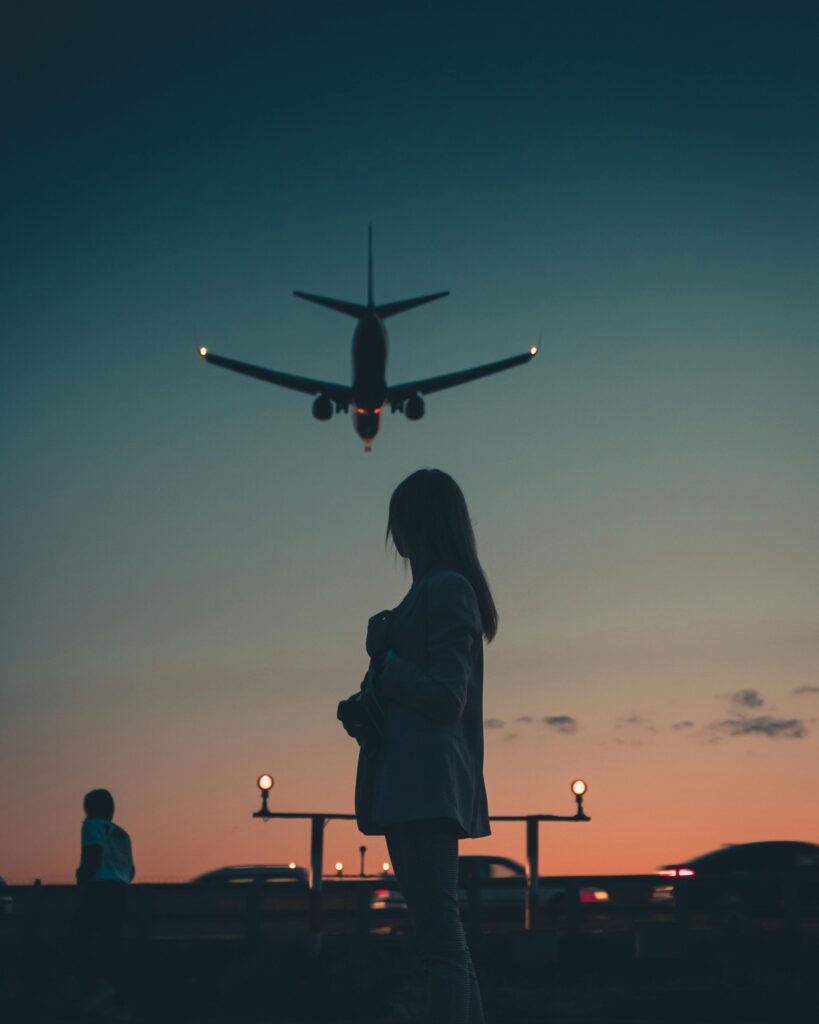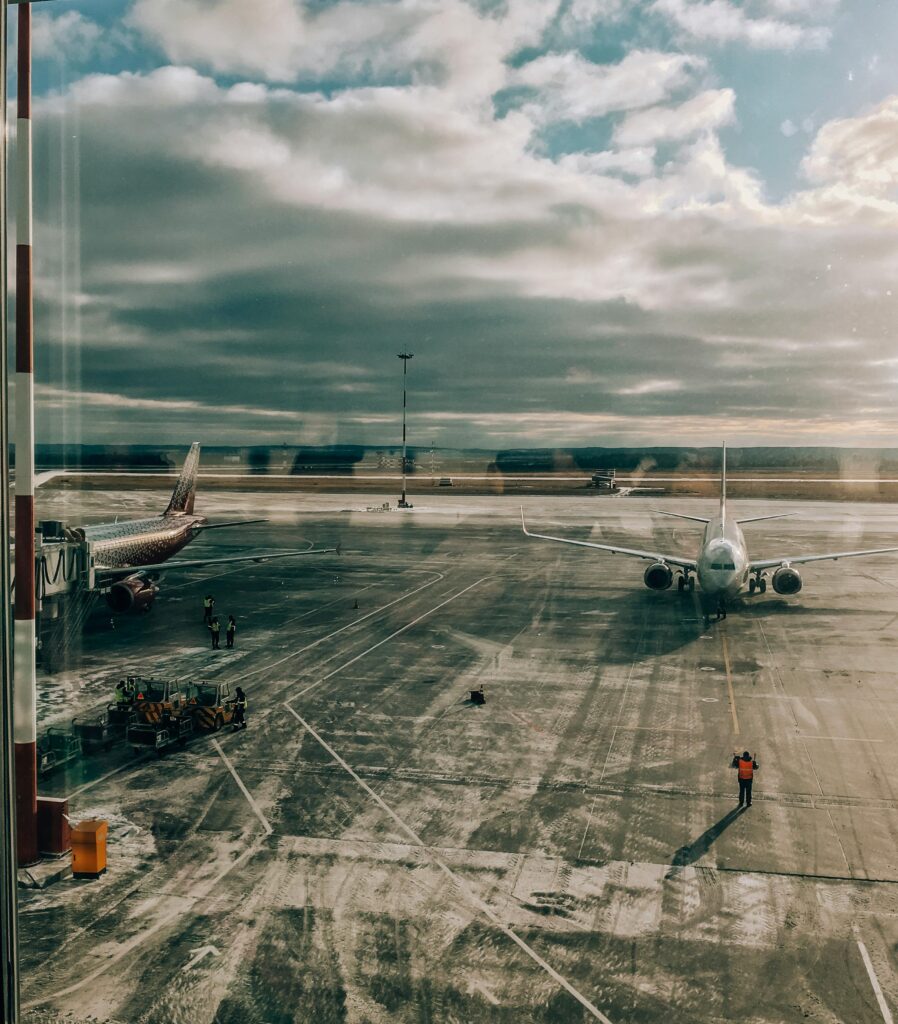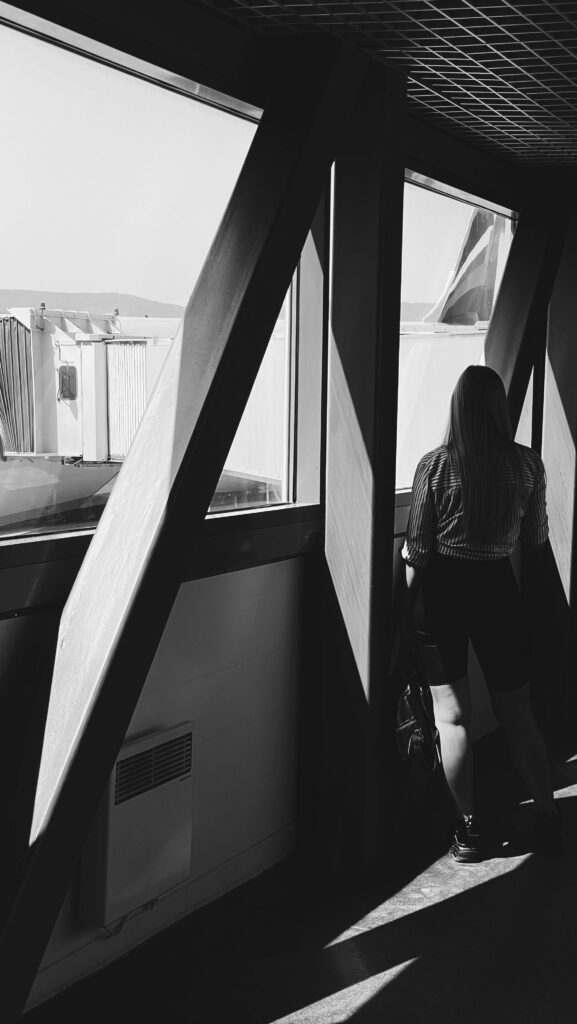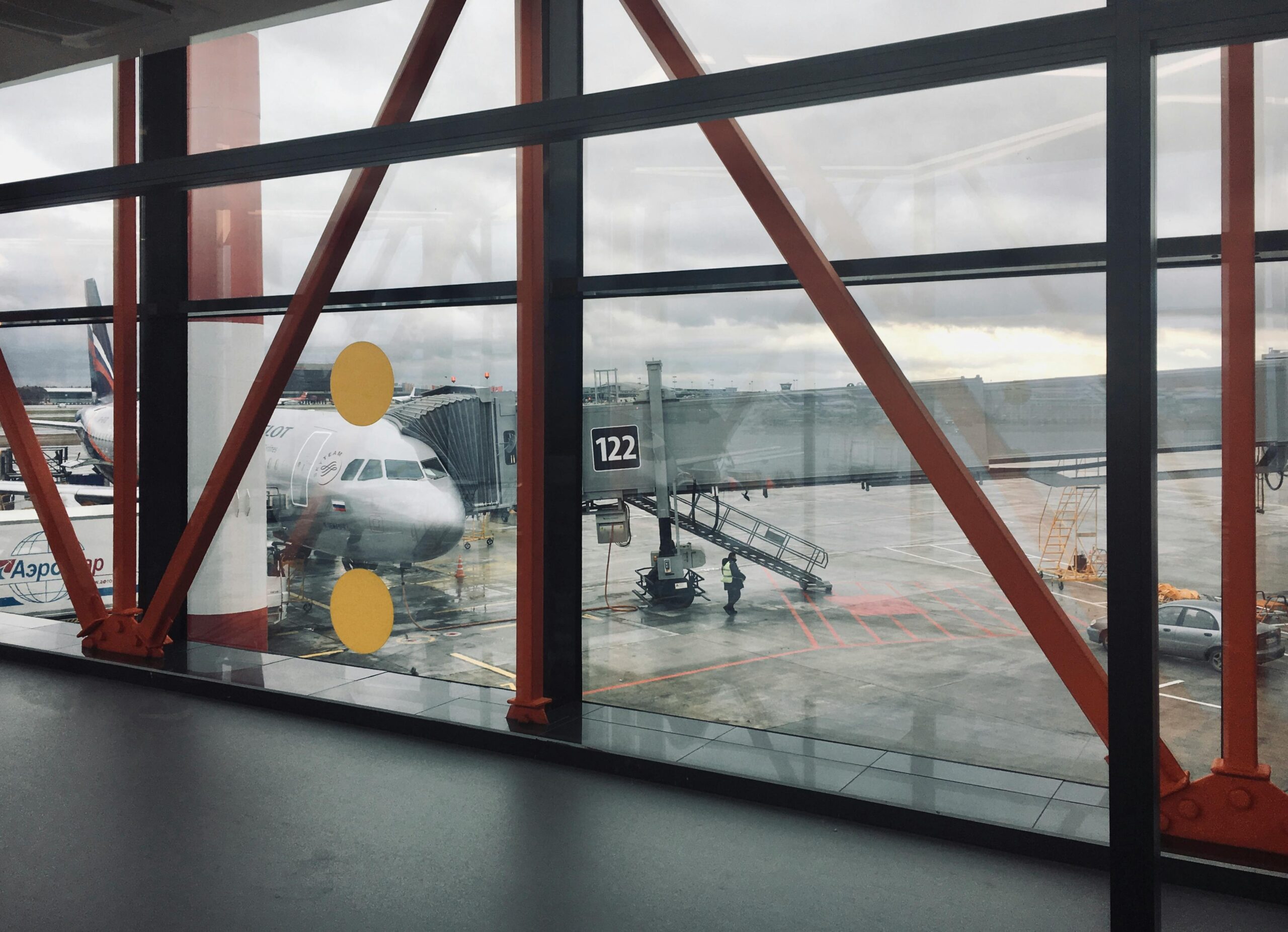On May 7–8, 2025, Russia’s civilian aviation network was thrown into turmoil as Ukraine launched an unprecedented wave of drone attacks on key airports. According to the Russian Association of Tour Operators, at least 350 flights were canceled or delayed—some by up to seven hours—leaving over 60,000 travelers stranded across Moscow’s four major hubs and regional airports in Sochi, Kazan, and Kirov. With Victory Day celebrations looming, the incident underscored how the conflict is bleeding into everyday life and exposed the fragility of Russia’s aviation infrastructure.

The Incident: A Three-Day Drone Onslaught
Beginning late on May 6, Ukrainian forces deployed hundreds of unmanned aerial vehicles (UAVs), including Iranian-made Shahed loitering munitions and domestically built Lancet kamikaze drones. Russian air-defense units claimed to have intercepted over 500 of these craft, but the sheer volume forced emergency shutdowns of runway lighting and radar systems at several airports. As dusk fell, departure halls filled with anxious families and business travelers, many sleeping on benches or crowded into temporary shelters.
Why Airports Were Targeted
- Strategic Disruption: Airports serve both civilian and military logistics. Disabling them hampers troop movements, resupply efforts, and international connections.
- Psychological Impact: Stranding tens of thousands at the gates sends a stark message domestically and to foreign dignitaries planning to attend Victory Day events. President Putin had invited some 29 world leaders—including Xi Jinping—to the May 9 parade, raising concerns about their safe arrival.
- Economic Leverage: Russia’s tourism and business-travel sectors generate roughly $25 billion annually. Widespread delays undermine confidence in air travel, prompting cancellations and economic losses.
Broader Context: The Russian-Ukraine Drone War
Since late 2023, Ukraine has shifted tactics away from massed artillery to precision drone assaults. Iranian-supplied Shaheds, modified with guidance kits, have become the workhorse of these raids, capable of evading older Soviet-era air defenses. At the same time, Ukraine’s engineers produced lightweight Lancet drones for rapid, low-altitude strikes. This evolving drone war has repeatedly prompted temporary airport closures in Moscow and across western Russia, but the May wave was by far the largest.
Ripple Effects: Passengers, Airlines, and the Economy
- Stranded Travelers: Families bound for holidays in Istanbul, Dubai, and beyond were forced to scrounge for hotel rooms or sleep on terminal floors. Tour operators advised every traveler to carry cash and bottled water in case of renewed disruptions.
- Airline Losses: Domestic carriers such as Aeroflot, S7, and Ural Airlines reported combined losses exceeding $50 million in one weekend—through refunds, rebooking costs, and crew overtime. International partners like Turkish Airlines and Emirates scrambled to reassign aircraft and crews.
- Tourism Woes: With summer peak season approaching, many foreign tour operators halted bookings to Russian beach resorts and ski areas. The anticipated influx of Victory Day visitors now risks a sharp downturn, threatening hotels and service industries already reeling from pandemic-era restrictions.
Flight-Safety and Infrastructure Challenges
Russian airports rely on centralized air-traffic control systems that, when overloaded, default to manual operations—slowing all takeoffs and landings. Backup generators struggled to maintain critical systems amid repeated power surges. Some airports lacked sufficient hardened shelters for emergency personnel, forcing temporary evacuations. Experts argue that modernizing radar arrays, decentralizing control centers, and building protected command bunkers are urgent priorities.

Government and Industry Response
- Emergency Protocols: The Ministry of Transport ordered 24-hour operations at major hubs, with temporary control rooms set up outside blast-risk zones.
- Compensation Measures: Affected airlines agreed to waive rebooking fees, provide hotel accommodations, and distribute meal vouchers. The federal government offered a one-time grant to tourism operators impacted by cancellations.
- Security Upgrades: Rosaviatsiya (the civil aviation authority) fast-tracked the installation of mobile anti-drone jammers and improved perimeter defenses, including drone-detecting radars at vulnerable airports.
Conclusion
The mass disruption of Russian airports by Ukraine’s drone campaign highlights an evolving front in the broader conflict—one that directly impacts civilians, commerce, and international diplomacy. As Russia races to shore up its aviation defenses and reassure travelers, the incident serves as a stark reminder that modern warfare increasingly blurs the lines between military targets and civilian infrastructure. For passengers and industry stakeholders alike, resilience now means preparing for prolonged uncertainty in the skies above.
Frequently Asked Questions (FAQs)
Q1: What types of drones were used in the attacks?
Mostly Iranian-made Shahed loitering munitions and Ukrainian-designed Lancet kamikaze drones, both optimized for precision strikes and low detectability.
Q2: Were there any casualties reported?
No civilian deaths were reported, but several airport staff were treated for minor injuries during emergency evacuations and control-tower relocations.
Q3: How did airlines accommodate stranded passengers?
Carriers provided hotel stays, meal vouchers, and rebooked flights free of charge, though many hotels soon reached full capacity.
Q4: Have Russian airports been targeted before?
Yes—smaller strikes in late 2023 and early 2024 led to temporary closures in Moscow and Belgorod, but the May offensive was the most extensive.
Q5: What long-term measures are being taken to secure airports?
Plans include installing anti-drone radar networks, mobile electronic-warfare units, hardened control bunkers, and decentralized air-traffic-control centers outside major cities.
Q6: Will this affect international travel to Russia?
Some foreign airlines have suspended or reduced Moscow routes, and tour operators are pausing new bookings pending improved security guarantees.

Sources Business Insider


